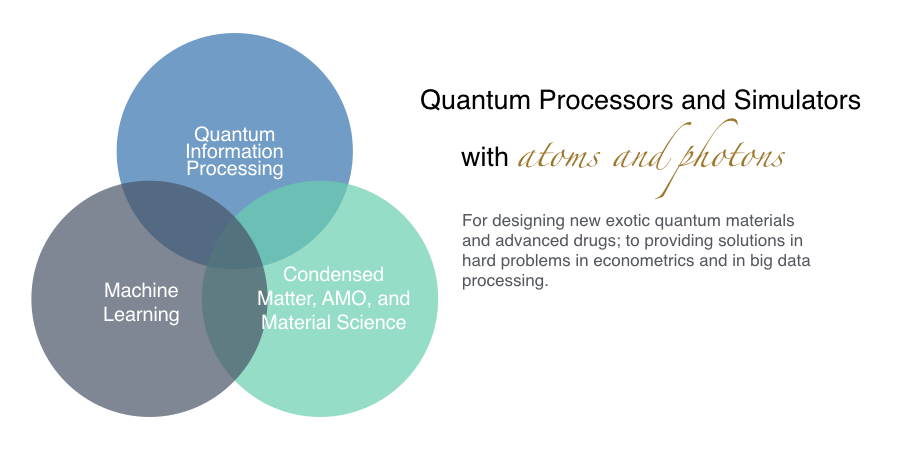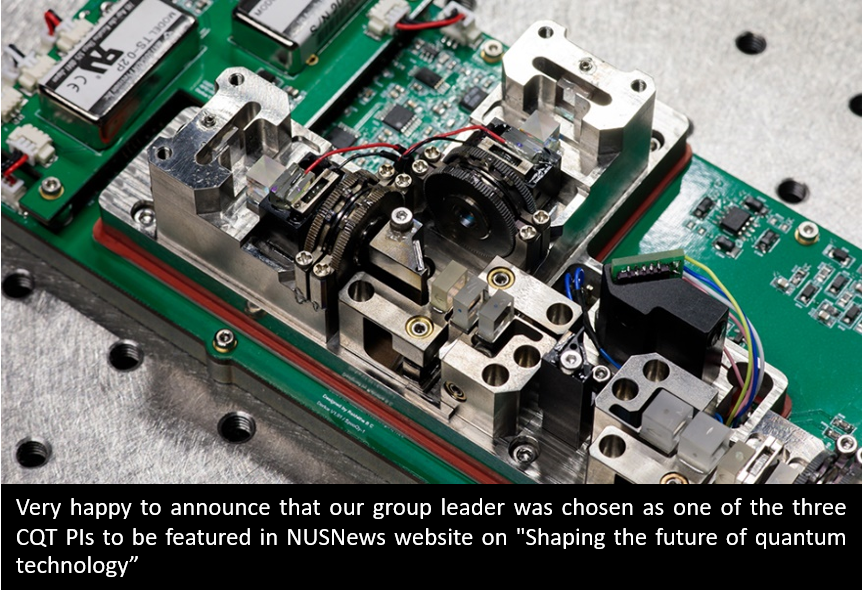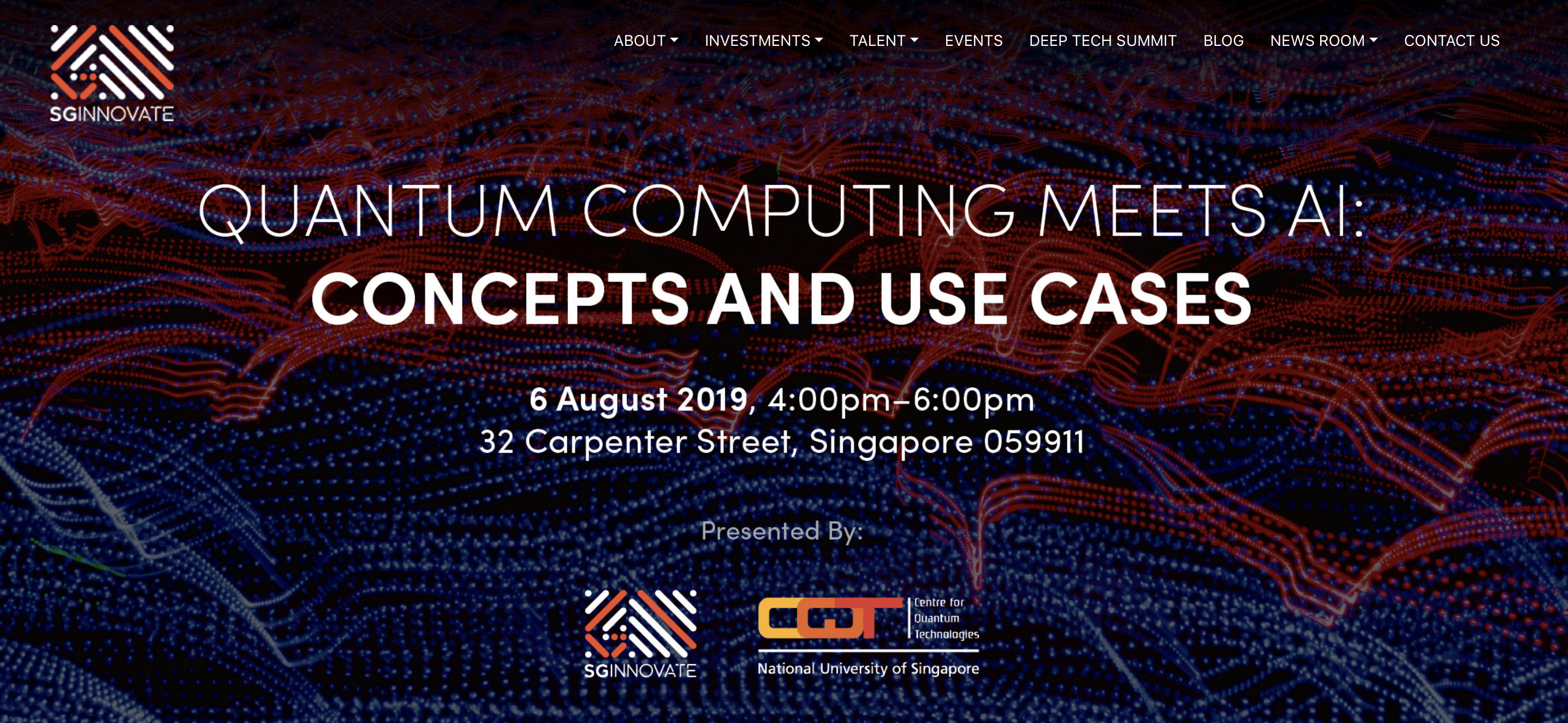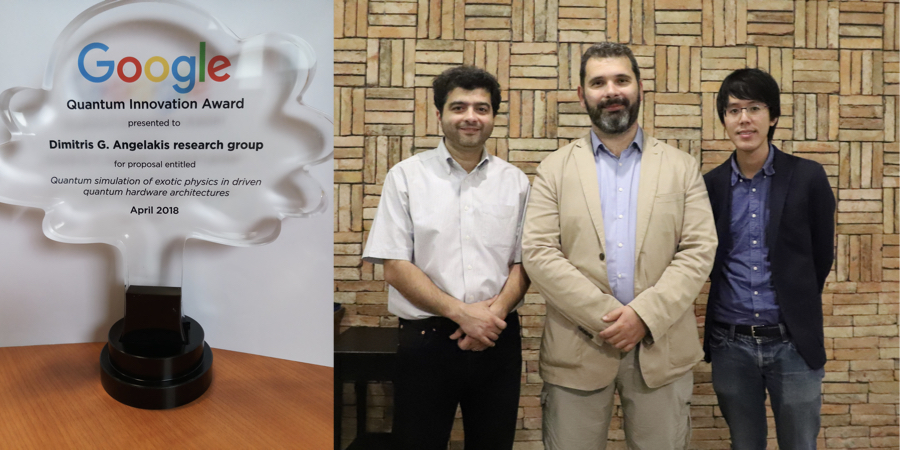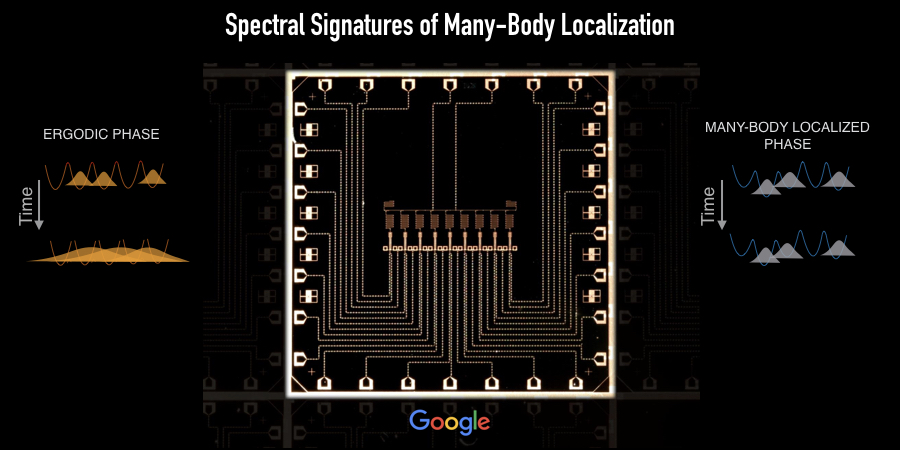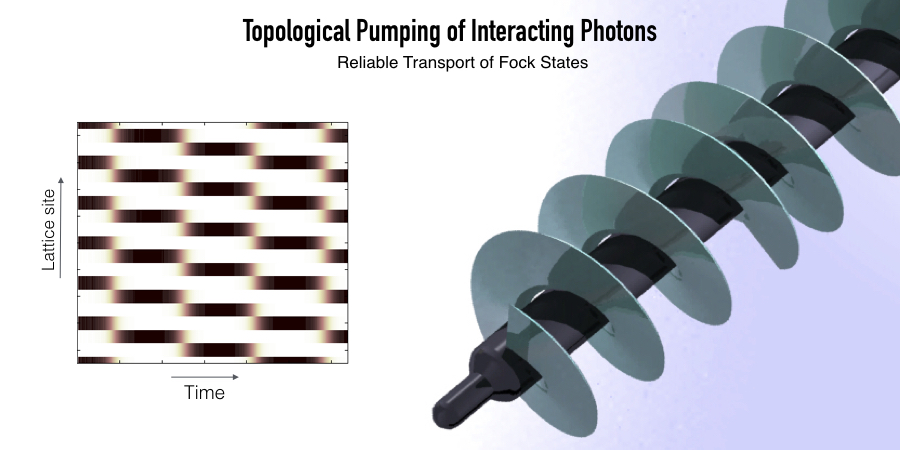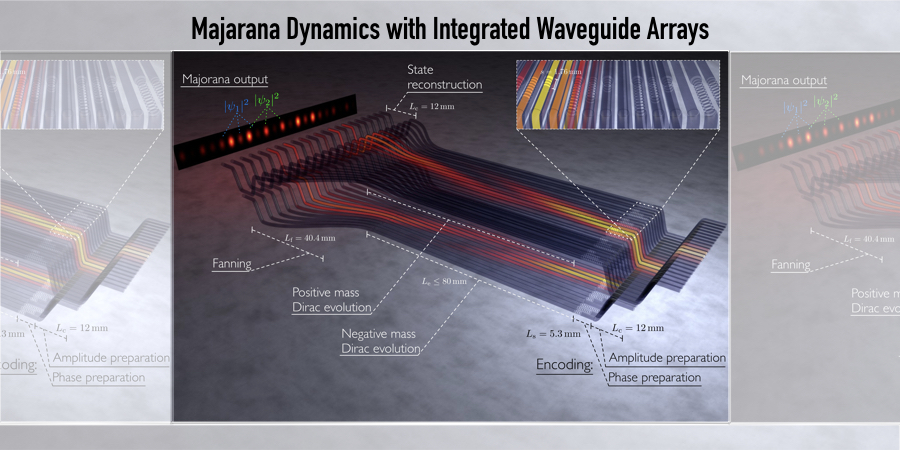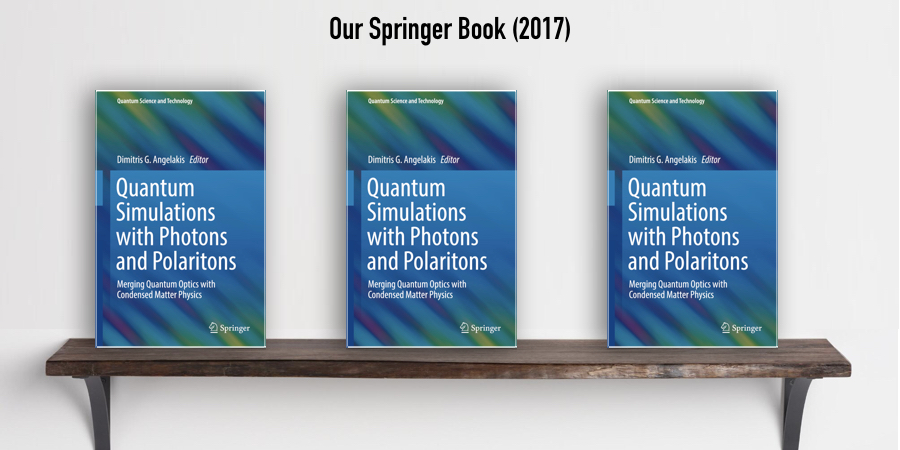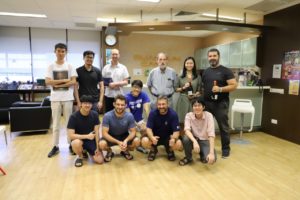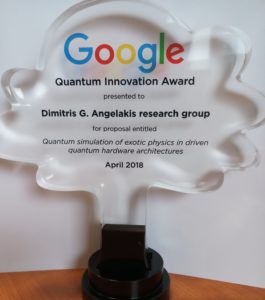Welcome to our group website
We are working in quantum technologies with a focus in implementations of quantum computation and quantum simulation with quantum optical systems. Our research could be applied towards developing exotic high-performance quantum processors and simulators, and also for fundamental science in the area of strongly correlated quantum systems. read more.
June 2022: Our collaboration with Alex Ling’s group here at CQT on implementing topological models in waveguide arrays is out on the arXiv!
May 2022: Our introductory review on applications of topological data analysis to physics and machine learning problems in physics including the detection of phase transition.
Apr 2022: Congratulations to our first years PhDs Harvey and Arthur for passing their first comprehensive qualifying exams!
Jan 2022: Arthur Strauss, from EPFL is joining us this month as a PhD student! Welcome Arthur!
Aug 2021: Chee passed his qualifying exam! Congrats! We also have a new PhD student, Harvey from Imperial College London joining us this month! Welcome Harvey!
July 2021: Beng Yee, passed his qualifying exam and also put his first paper on the arXiv on quantum machine learning with linear photonics! Another paper on persistent homology is also up on arXiv!
Research Highlights

December 2024: Efficient Estimation and Sequential Optimization of Cost Functions in Variational Quantum Algorithms
Efficient Estimation and Sequential Optimization of Cost Functions in Variational Quantum Algorithms Muhammad Umer, Eleftherios Mastorakis, Dimitris G. Angelakis arXiv:2412.20972 …

February 2024: Unsupervised learning of quantum many-body scars using intrinsic dimension
Unsupervised learning of quantum many-body scars using intrinsic dimension Harvey Cao, Dimitris G. Angelakis, Daniel Leykam Harvey Cao et al …
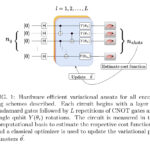
June 2023: Qubit efficient quantum algorithms for the vehicle routing problem on quantum computers of the NISQ era
Qubit efficient quantum algorithms for the vehicle routing problem on quantum computers of the NISQ era Ioannis D. Leonidas, Alexander …
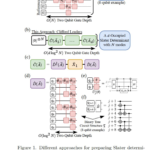
Jan 2023: Shallow quantum circuits for efficient preparation of Slater determinants and correlated states on a quantum computer
Shallow quantum circuits for efficient preparation of Slater determinants and correlated states on a quantum computer Chong Hian Chee, Daniel …
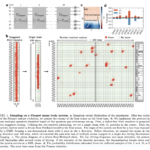
October 2022: Efficiently Extracting Multi-Point Correlations of a Floquet Thermalized System
Efficiently Extracting Multi-Point Correlations of a Floquet Thermalized System Yong-Guang Zheng, Wei-Yong Zhang, Ying-Chao Shen, An Luo, Ying Liu, Ming-Gen …
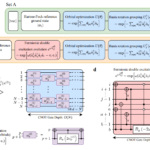
July 2022: Computing Electronic Correlation Energies using Linear Depth Quantum Circuits
Computing Electronic Correlation Energies using Linear Depth Quantum Circuits Chong Hian Chee, Adrian M. Mak, Daniel Leykam, Panagiotis Kl Barkoutsos, …
